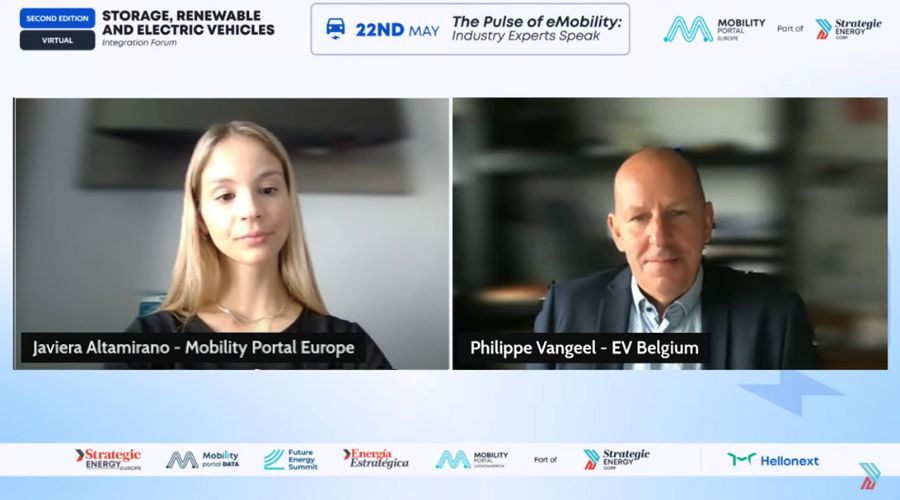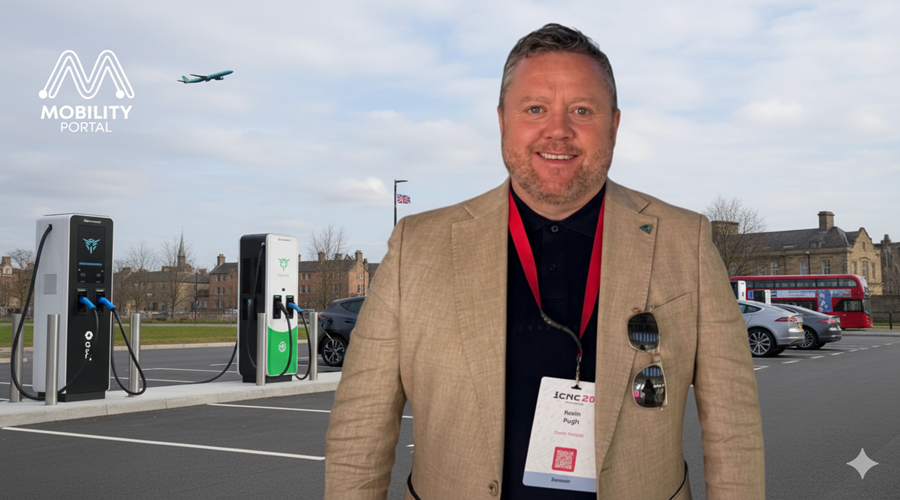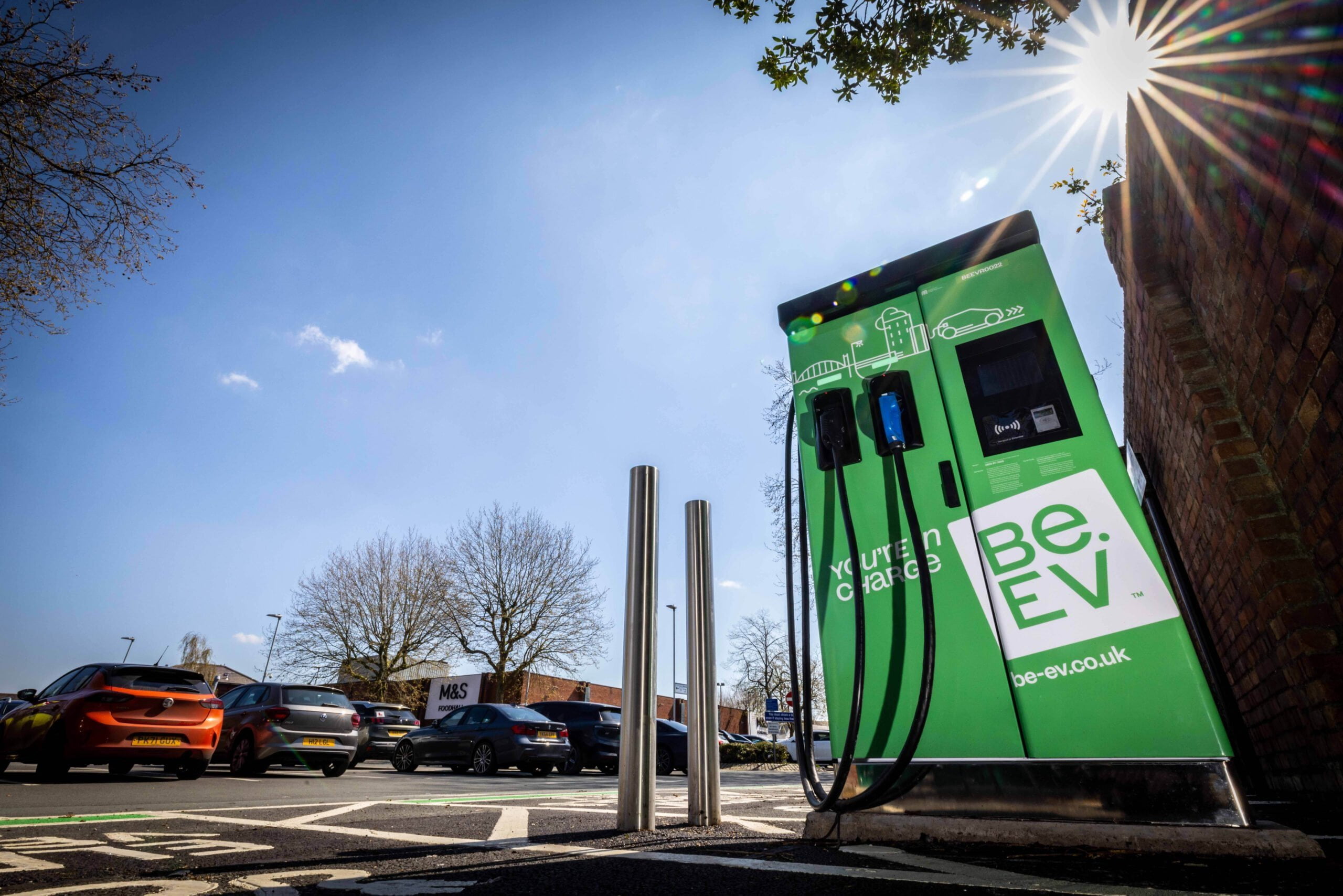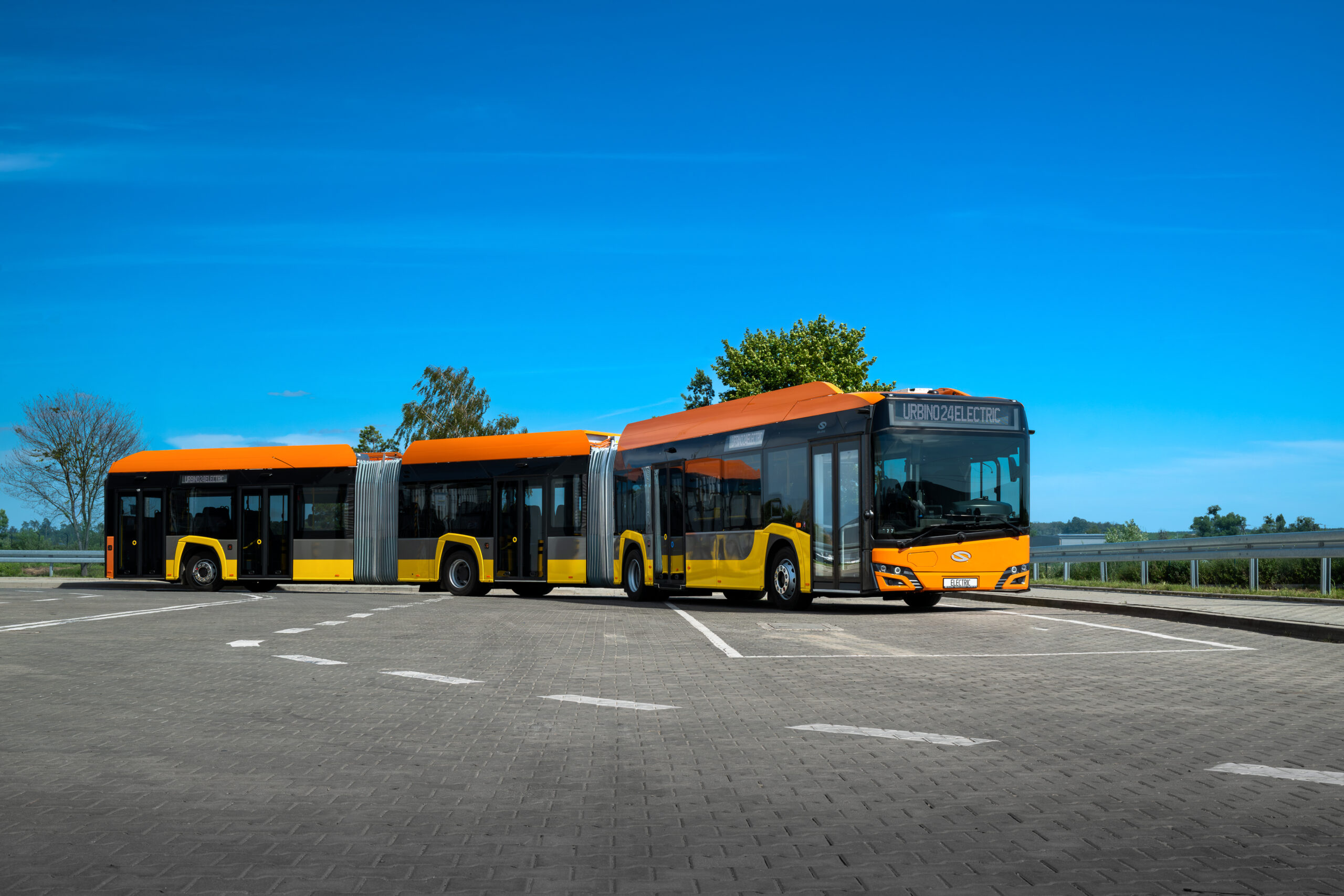The previous Belgian Government had focused on measures that supported electric vehicles (BEVs) within the company car scheme — a popular form of employee compensation in the country.

However, the current administration has decided to shift that approach.
“They said that for some people, charging their BEVs is difficult due to a lack of charging points in both urban and rural areas,” explains Philippe Vangeel, Operational Director at EV Belgium, during his participation in the virtual forum “Storage, Renewable and Electric Vehicles Integration”, organised by Mobility Portal Europe.
Against this backdrop, the federal Government has chosen to reintroduce tax benefits for plug-in hybrids.
But Vangeel challenges this rationale: “Claiming that pure electric vehicles are not viable due to a lack of charging infrastructure is contradictory, as plug-in hybrids also need to be plugged in.”
He points out that this decision undermines zero-emission ambitions and sends mixed signals to the market.
According to Vangeel, multiple studies have shown that in previous years, PHEVs were primarily purchased due to tax incentives, but were not used in a way that genuinely supported the energy transition.
“We know these types of vehicles emit four to five times more than they should. That’s why we regret this measure, which is set to take effect in January 2026, although the tax obligations will be enforced from 2025,” the association’s representative specifies.
Finally, he clarifies that no major market impact is expected, but warns: “It sends the wrong message to the general public.”
Vangeel insists that the Government needs to establish a policy aligned with long-term goals that recognise the true potential of electric vehicles.
“Many of the measures come from the European level. The key is to implement them on time and not delay the transition,” he emphasises.
Belgium aims to avoid the situation faced by the Netherlands
At present, grid operators in Belgium are encountering energy limitations.
In response, the representative of EV Belgium explains that proactive measures are being implemented to prevent network congestion and thus “avoid a situation like the one in the Netherlands.”
“This could become more prominent in the future, as we move towards the electrification of heavy-duty transport—trucks that require more power and may need to adopt the Megawatt Charging System (MCS) standard,” he notes.
“If we truly deploy these charging hubs, as required by the Alternative Fuels Infrastructure Regulation (AFIR), further complications could arise down the line,” he adds.
On a more positive note, Vangeel highlights the potential of vehicle-to-grid (V2G) technology as part of the solution.
“We can contribute to system balancing or more efficient charging. We have the capacity to offer this flexibility, and it will only grow with the integration of V2G technology,” he states.
Finally, the association’s representative points out that, according to studies carried out by transmission system operators (TSOs), the e-mobility sector is expected to provide four gigawatts of flexibility by 2032.
“This even exceeds the output of several nuclear power plants. It’s essential that this flexibility is recognised and that our capacity to deliver it is acknowledged,” he concludes.
Regional disparities in charging point deployment
When asked about the current progress in charging infrastructure rollout, Vangeel confirms that Belgium is generally keeping a good pace.
“If we look at the overall figures, we are well positioned within the European context. In fact, we rank among the top five countries in this area,” he highlights.
However, he admits there are significant regional differences.
“Flanders is doing an excellent job. Not only is it meeting the AFIR regulation requirements on motorways—it’s exceeding them,” he stresses.
By contrast, Wallonia remains behind in this regard.
Nevertheless, the region’s new Government has announced plans to accelerate infrastructure deployment and close the gap with other parts of the country.
“We’ve yet to see concrete actions, but the outlook is promising,” he concludes.
READ MORE
-
UK charger utilization “keeping pace” with EV growth, with no reports of unused sites
CPOs report strong growth and high charger use across the UK, with no unused sites, as infrastructure keeps pace with the expanding electric vehicle fleet.
-
Be.EV introduces new ultra-rapid EV charging tariffs from £0.39/kWh in the UK
The company launches a tiered pricing model with 24/7 discounted rates available through monthly subscriptions.
-
Transdev orders 55 Solaris electric buses for Arnhem-Nijmegen-Foodvalley concession
The fleet includes Solaris’s shortest and longest battery-electric models and will begin operation in mid-2026.











